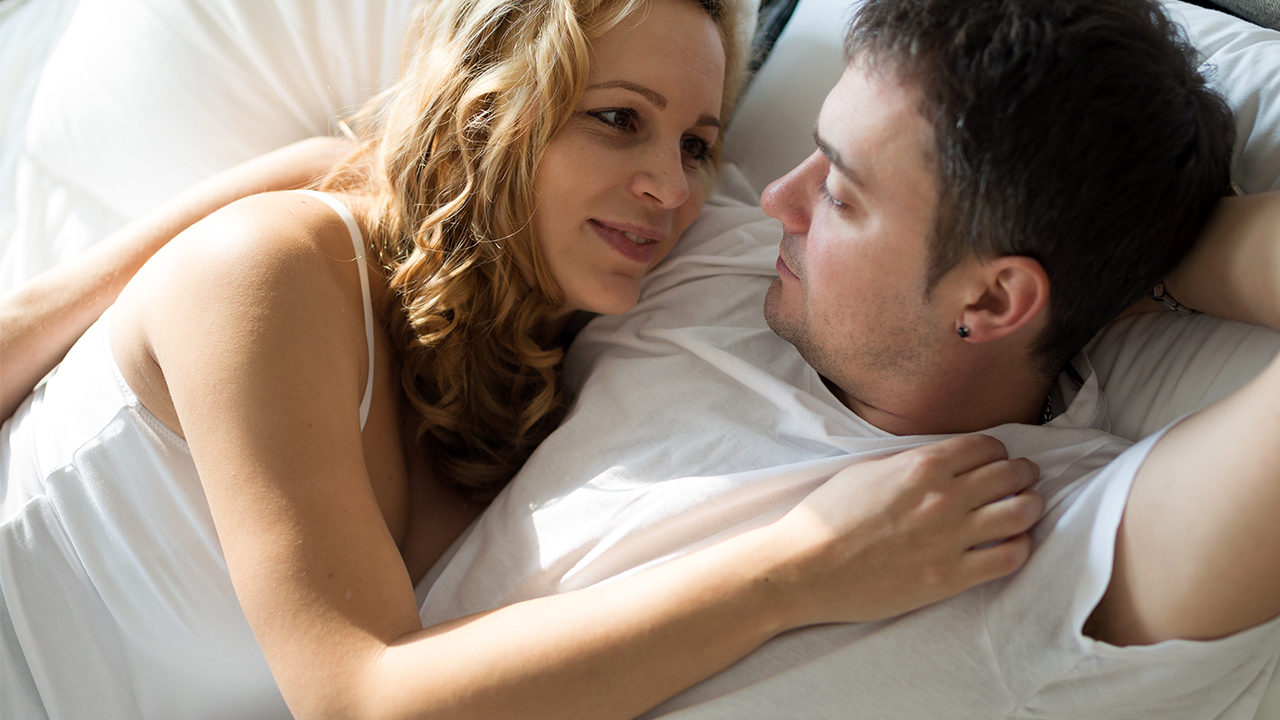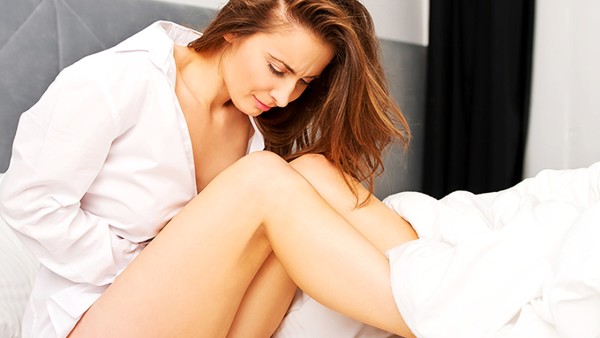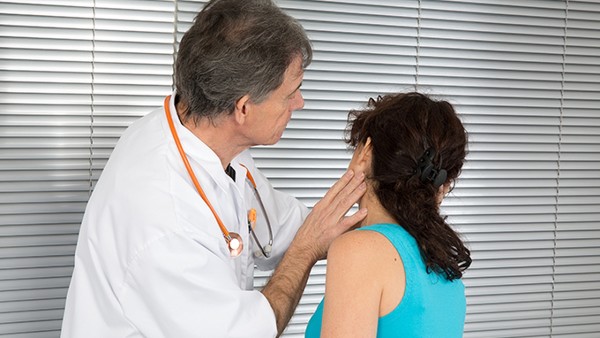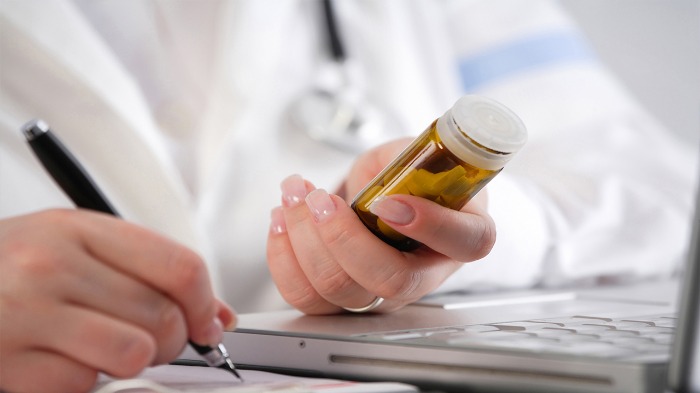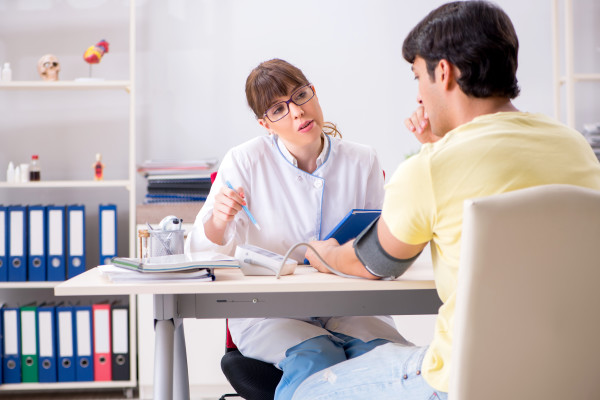Here's what to do to relieve menopausal hot flashes

Menopausal hot flashes are a common symptom that can range from uncomfortable to downright debilitating. While there is no cure for hot flashes, there are a number of things you can do to relieve your symptoms.
Lifestyle changes
Get regular exercise. Exercise can help improve circulation and reduce stress levels, both of which can help reduce hot flashes. Aim for at least 30 minutes of moderate-intensity exercise most days of the week.
Eat a healthy diet. Eating a healthy diet can help you maintain a healthy weight and reduce your risk of chronic diseases, both of which can help reduce hot flashes. Focus on eating plenty of fruits, vegetables, and whole grains.
Get enough sleep. When you're sleep-deprived, you're more likely to experience hot flashes. Aim for 7-8 hours of sleep each night.
Manage stress. Stress can trigger hot flashes, so it's important to find healthy ways to manage stress. Try relaxation techniques such as yoga, meditation, or deep breathing.
Avoid triggers. Certain triggers can make hot flashes worse, such as caffeine, alcohol, spicy foods, and hot environments. If you know what your triggers are, try to avoid them as much as possible.
Medical treatments
If lifestyle changes aren't enough to relieve your hot flashes, there are a number of medical treatments that can help.
Hormone therapy. Hormone therapy, also known as estrogen replacement therapy, is the most effective treatment for hot flashes. However, it's not right for everyone. Talk to your doctor about the risks and benefits of hormone therapy to see if it's a good option for you.
Antidepressants. Antidepressants can help reduce hot flashes by affecting the levels of certain neurotransmitters in the brain. Some antidepressants that are commonly used to treat hot flashes include venlafaxine (Effexor), paroxetine (Paxil), and fluoxetine (Prozac).
Gabapentin. Gabapentin is a medication that is typically used to treat seizures, but it can also be effective in reducing hot flashes.
Clonidine. Clonidine is a medication that is typically used to treat high blood pressure, but it can also be effective in reducing hot flashes.
Alternative therapies
In addition to lifestyle changes and medical treatments, there are a number of alternative therapies that may help relieve hot flashes.
Acupuncture. Acupuncture is a traditional Chinese medicine technique that involves inserting thin needles into the skin at specific points on the body. Some studies have shown that acupuncture can be effective in reducing hot flashes.
Herbal remedies. Some herbal remedies, such as black cohosh and red clover, may help reduce hot flashes. However, it's important to talk to your doctor before taking any herbal remedies, as they can interact with other medications.
Mind-body therapies. Mind-body therapies, such as yoga, meditation, and deep breathing, can help reduce stress and anxiety, which can lead to fewer hot flashes.
When to see a doctor
If you're experiencing hot flashes, it's important to see your doctor to rule out any underlying medical conditions. Your doctor can also help you develop a treatment plan to relieve your symptoms.
You should see your doctor right away if you have:
Hot flashes that are severe or debilitating
Hot flashes that are accompanied by other symptoms, such as chest pain, shortness of breath, or dizziness
Hot flashes that occur at night and interfere with your sleep
Hot flashes that persist for more than a year after menopause
The above is all the content that the editor wants to share with you. I sincerely hope that these contents can bring some help to your life and health, and I also wish that your life will be happier and happier.
Topic: #to #do #here